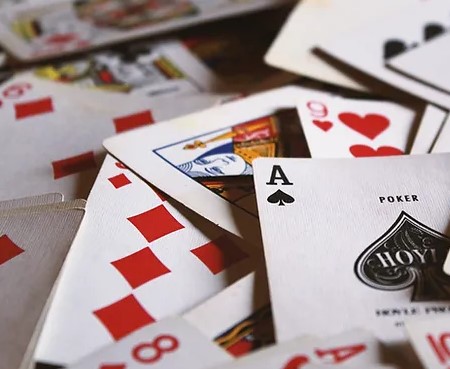Gambling has long been a popular pastime, with people around the world participating in various games of chance and skill. At the heart of the gambling experience lies the question of whether success is primarily due to luck or skill. Understanding the role of luck versus skill is crucial for both casual gamblers and serious players alike.
Introduction
In gambling, luck and skill are two fundamental concepts that play a significant role in determining outcomes. Luck is often seen as a random force that cannot be controlled or predicted, while skill is the result of knowledge, practice, and strategy. The balance between luck and skill varies depending on the game and can influence how players approach gambling.
The Role of Luck in Gambling
Luck is a central element in many forms of gambling, particularly in games of chance such as slot machines, roulette, and lotteries. These games are designed to be random, with outcomes determined by probability rather than skill. While luck can lead to short-term wins, it is ultimately unpredictable and can change rapidly.
The Role of Skill in Gambling
Skill, on the other hand, is more prevalent in games where players can influence the outcome through their actions and decisions. Games like poker, blackjack, and sports betting require a certain level of skill to be successful. Skilled players can use strategy, knowledge of the game, and a deep understanding of probabilities to improve their chances of winning over the long term.
The Debate Between Luck and Skill
The balance between luck and skill in gambling is a topic of debate among players, experts, and regulators. Some argue that gambling is purely a game of chance, where luck is the sole determinant of success. Others believe that skill plays a more significant role, particularly in games where players can make informed decisions.
Strategies for Balancing Luck and Skill
For players looking to improve their chances of winning, understanding the balance between luck and skill is essential. Strategies such as bankroll management, choosing the right games, and developing a solid understanding of the rules can help mitigate the impact of luck. Additionally, practicing and honing skills through regular play can improve overall performance.
Conclusion
In conclusion, the role of luck versus skill in gambling is a complex and nuanced topic. While luck can play a significant role in short-term outcomes, skill is often the determining factor in long-term success. By understanding the interplay between luck and skill, players can make more informed decisions and enhance their overall gambling experience.
FAQs
- Is gambling purely based on luck?
- While luck plays a significant role in many forms of gambling, skill can also influence outcomes, particularly in games where players can make strategic decisions.
- Can you improve your gambling skills?
- Yes, with practice, study, and experience, players can improve their skills and increase their chances of winning in certain games.
- How can you tell if a game requires skill or luck?
- Games that involve strategic decisions, probabilities, and player choices often require skill, while games that rely solely on chance are more luck-based.
- Is it possible to win consistently in gambling?
- While no strategy can guarantee consistent wins in gambling, skilled players can improve their odds and minimize losses over time.
- What should I consider when choosing a game to play?
- Consider the balance between luck and skill, your level of experience, and your willingness to take risks when choosing a game to play.

